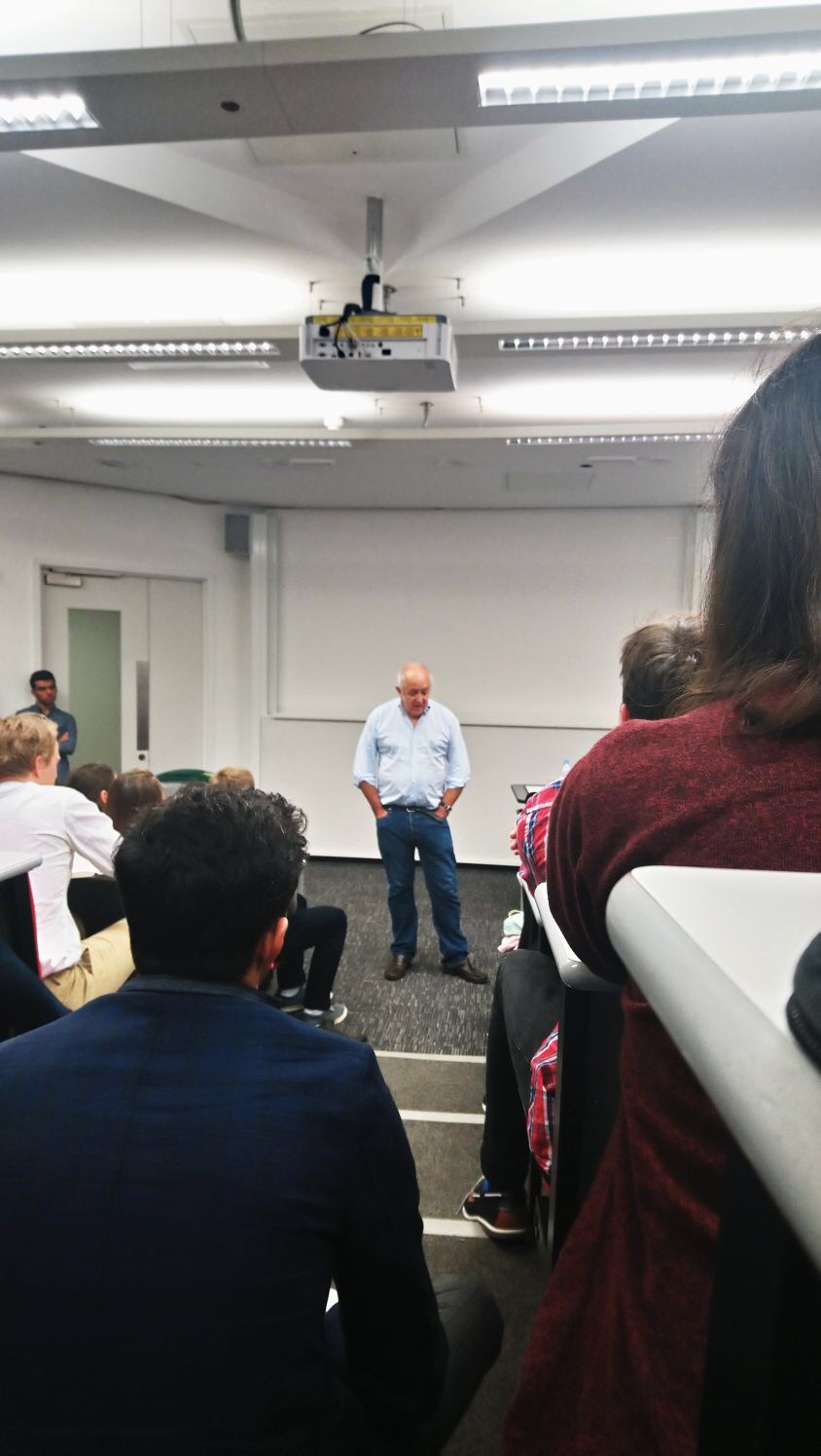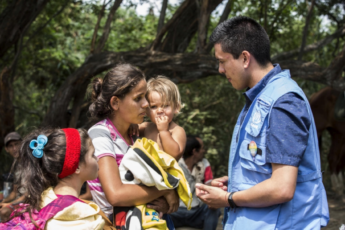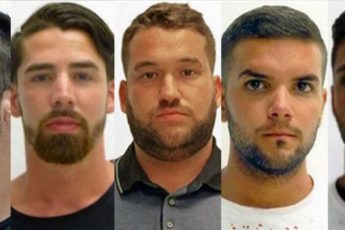
Driven by adrenaline and the search for truth, Jeremy Bowen traveled to the war troubled El Salvador in 1989 to do his first war reporting. Since then, he has been reporting on different war zones from Bosnia to Syria and beyond.
I felt that it was important to go to the dark places and bring light to the rest of the world about what was going on
This week, students from the University College London had the chance to know a bit more about some of the main challenges faced by war correspondents. As an editor and correspondent for the Middle East department at the BBC, Mr. Bowen is aware of the responsibility of each word he chooses to report what happens in Middle East. To ensure that the story he presents is as accurate as possible, Mr. Bowen always put his reports into context so that the audience understands the complexity of the conflicts and wars that he reports on. Despite the high costs – financial and emotional – Mr. Bowen never considered giving up traveling to war zones because, as an experienced correspondent, he knows that being on field enables him to meet people affected by conflicts and he also has the chance to testify what is happening there.
According to Mr. Bowen, there is a huge need for trained journalists in today’s world, partly because of the rise of fake news in social media platforms. Non-biased journalism is something Mr. Bowen is an advocate for and that he always keeps in mind while writing a new story.
By Victoria Vall (University of Westminster)




